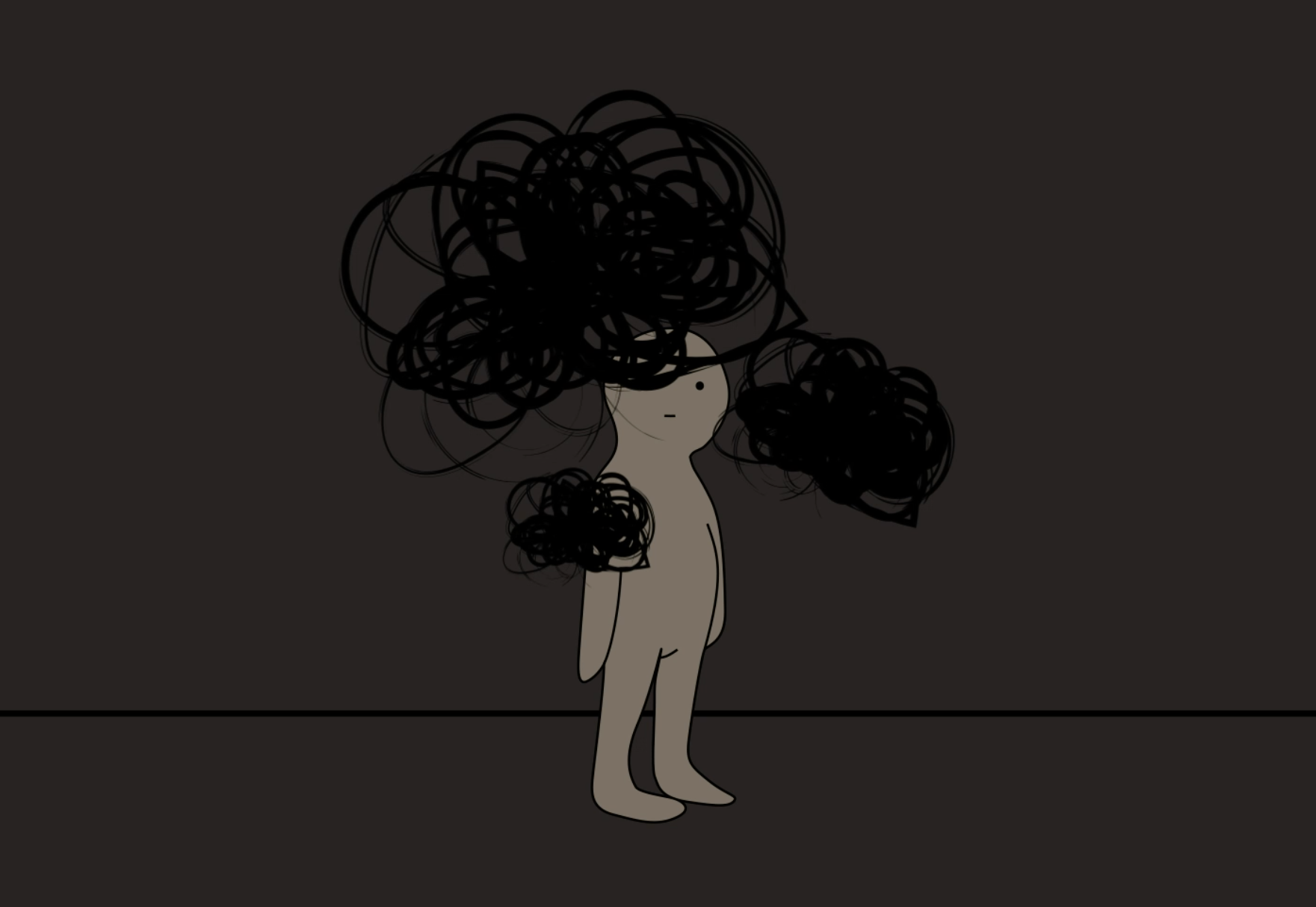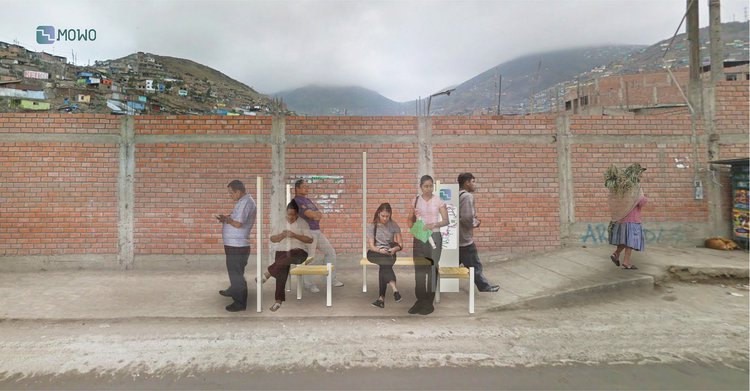Care & Resilience
Design for Safety Grand Challenge

— Bringing Together Multidisciplinary Ambitions & New Design Approaches to Safety —

Towards a New Model for Design: exploring the use of design in large-scale problems (RCA Grand Challenge Report, 2020).
 Timelin: 3-month project (RCA Grand Challenge Report, 2020).
Timelin: 3-month project (RCA Grand Challenge Report, 2020). Methodology: driven by action and participant observation (RCA Grand Challenge Report, 2020).
Methodology: driven by action and participant observation (RCA Grand Challenge Report, 2020).> Designed for Level 7 PG students studying Design Products, Fashion, Global Innovation Design, Innovation Design Engineering, Service Design, and Textiles Design shift from reactive to proactive thinking through action and participant observation. It involved exploring unconventional approaches and codifying insights from both qualitative (design projects, teaching insights, expert panel sessions and a panel) mixed methods insights.
> My approach to designing for care and resilience, guided by the aforementioned methodology, included a series of sessions in which students engaged with global experts from many industries about the difficulties of care and resilience. Following this, student groups conducted a literature review to identify major issues for each theme. Furthermore, the groups were required to transform any theory or insight into design concepts, which were then analysed.
 Design for Care: representing the relations, expressed as negative and positive feedback loops, between key issues that influence, and have an impact on, design for care in the context of Design for Safety (RCA Grand Challenge Report, 2020).
Design for Care: representing the relations, expressed as negative and positive feedback loops, between key issues that influence, and have an impact on, design for care in the context of Design for Safety (RCA Grand Challenge Report, 2020).
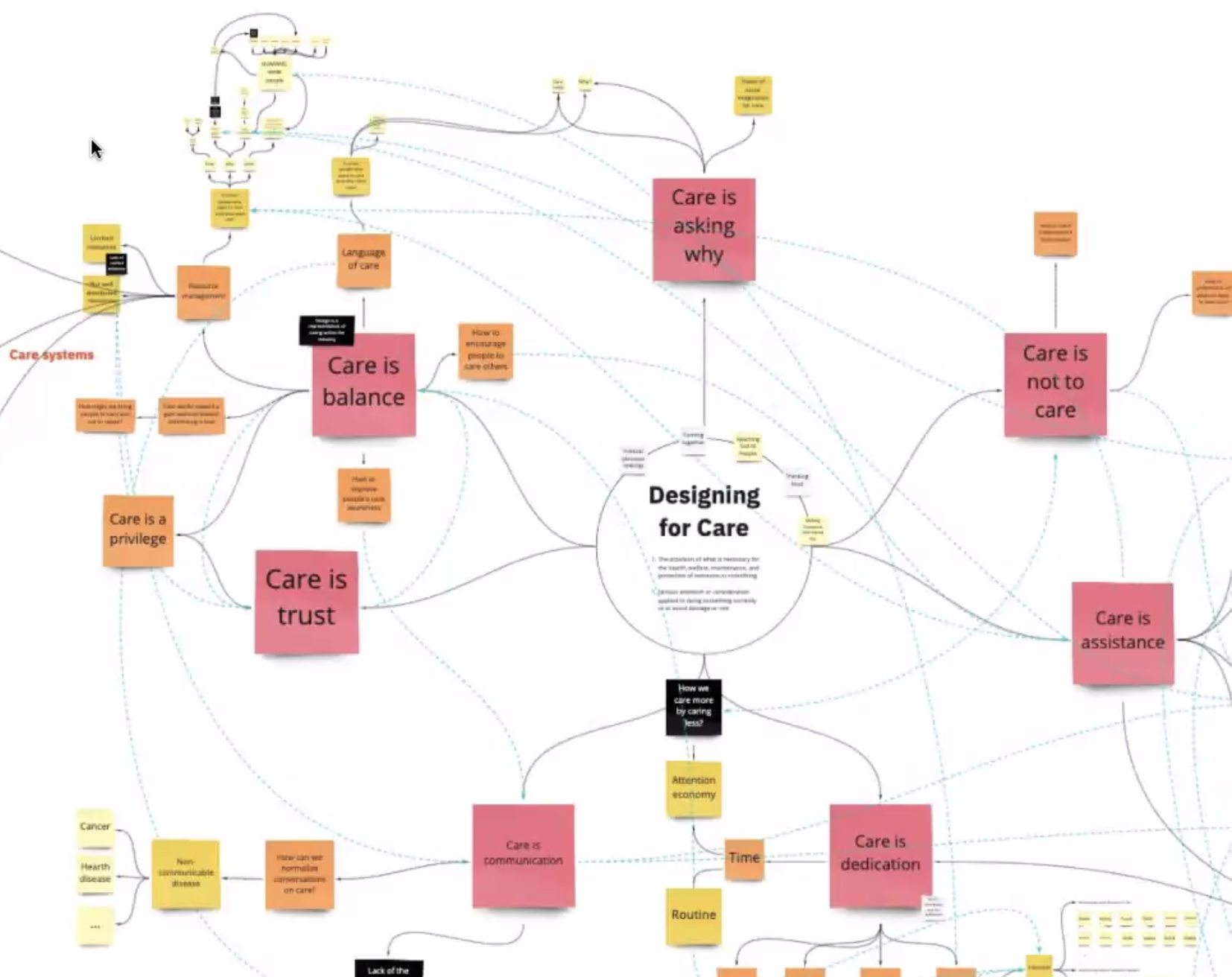

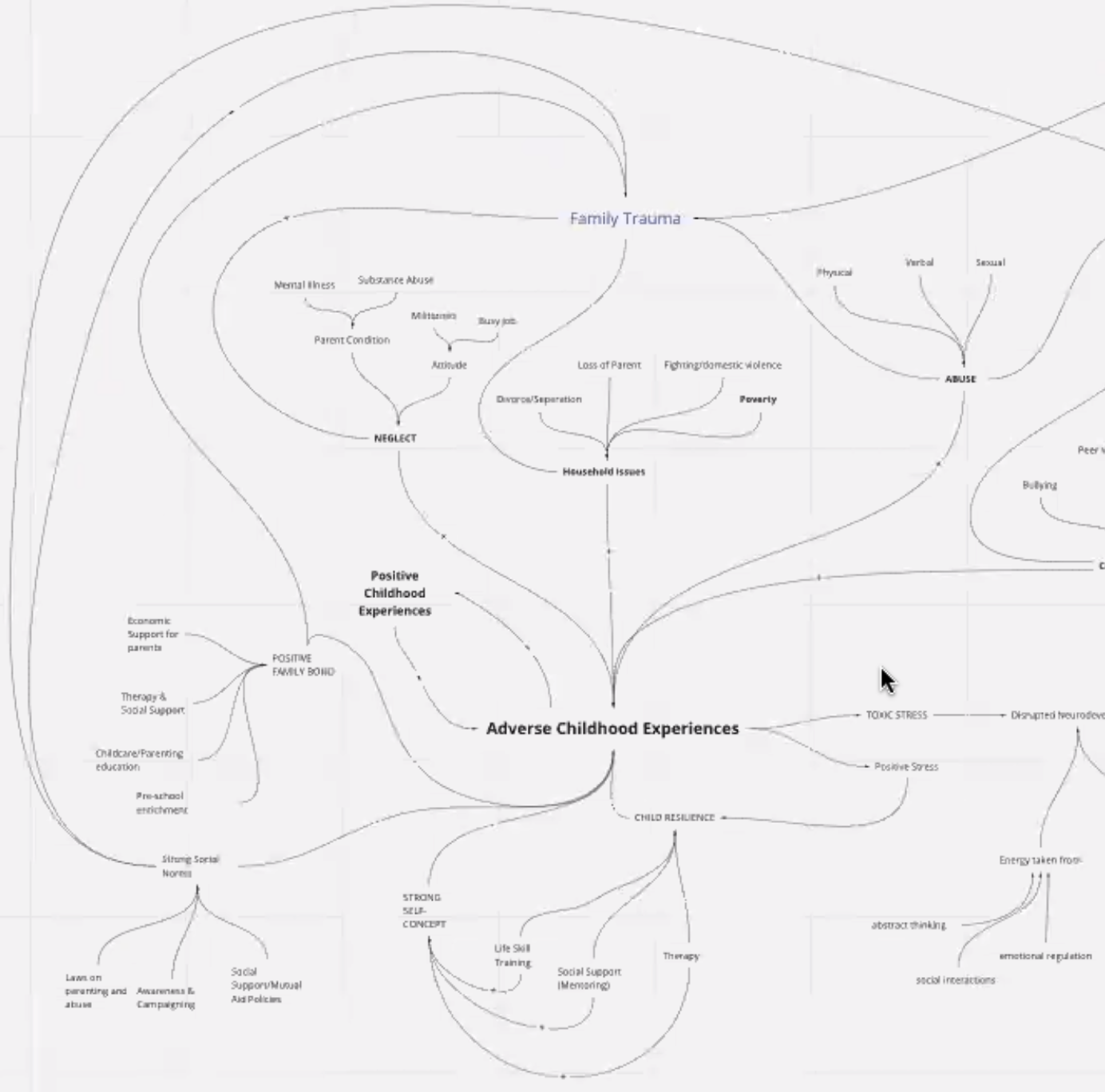
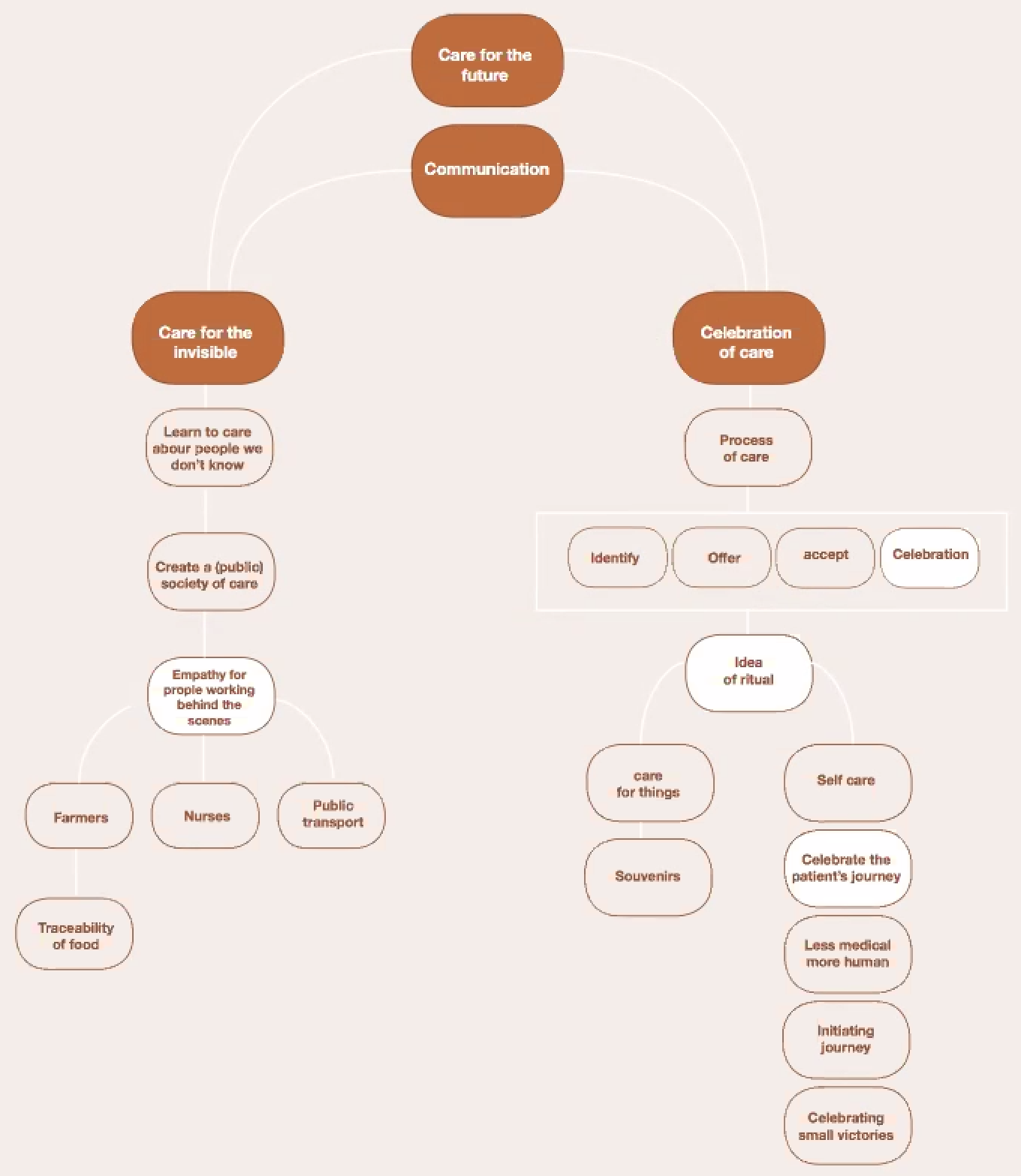
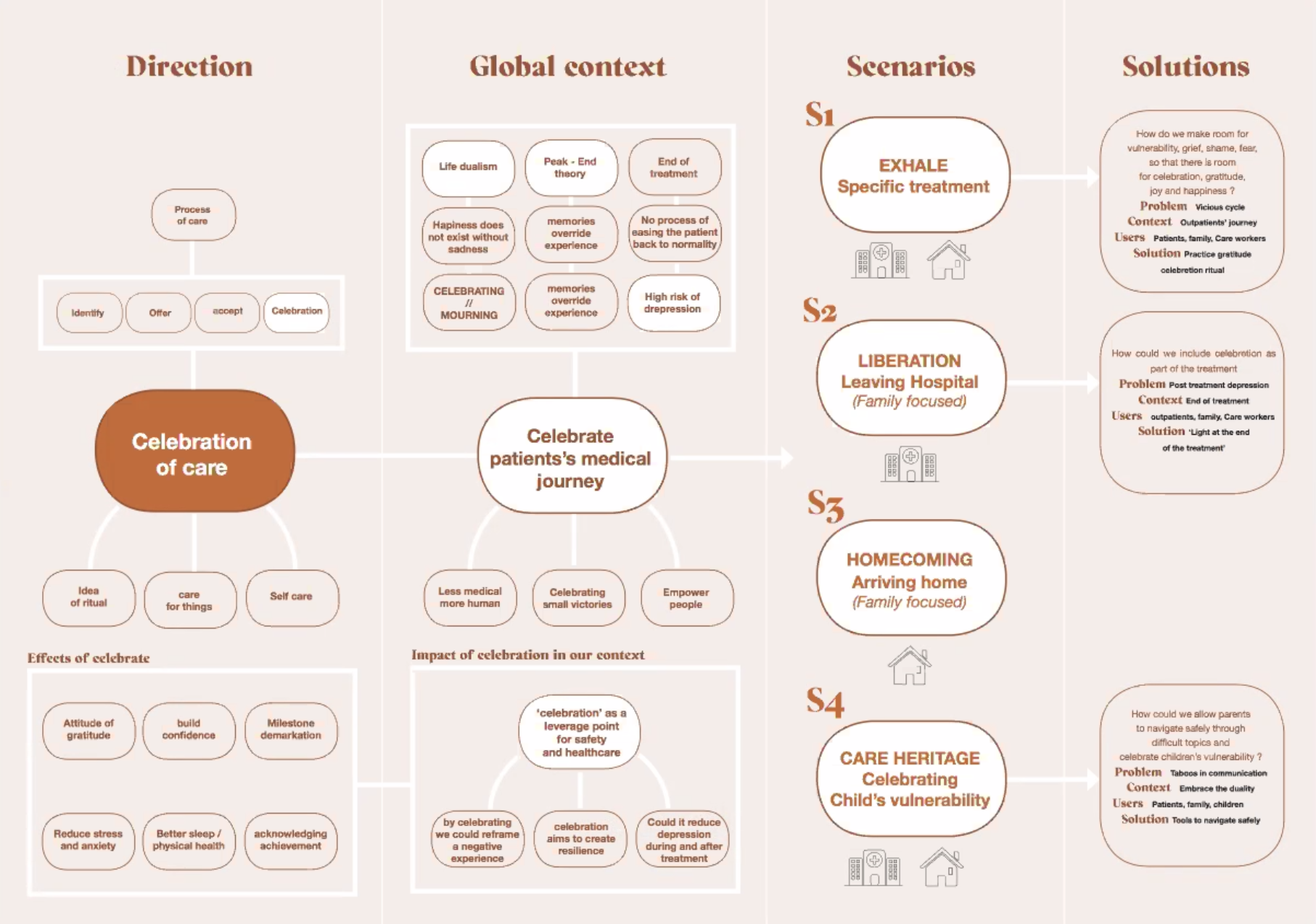
 Inaya (Suzanna James (MA Textiles), Célia Marchessaux (MA Design Products), Emre Kayganacı (MA/MSc Innovation Design Engineering), Shruti Agerwala (MA Service Design), Justin Tsang (MA Intelligent Mobility) — RCA Grand Challenge 2020/21 Winners + Student Notable Health & Wellness Award Core77 Design Awards 2021 (click above image for more info).
Inaya (Suzanna James (MA Textiles), Célia Marchessaux (MA Design Products), Emre Kayganacı (MA/MSc Innovation Design Engineering), Shruti Agerwala (MA Service Design), Justin Tsang (MA Intelligent Mobility) — RCA Grand Challenge 2020/21 Winners + Student Notable Health & Wellness Award Core77 Design Awards 2021 (click above image for more info).A medical journey can be a long walk through the darkness. It can be hard to see a light at the end of the tunnel. Even after treatment, trauma can keep following us. Post-treatment depression can keep the darkness with us even when we have recovered and are transitioning back into normal life. This is the story for many. Depression following critical illness is associated with increased mortality risk in the 2 years following intensive care. In the UK it is estimated that more than 40% of the patients experience ongoing trauma.




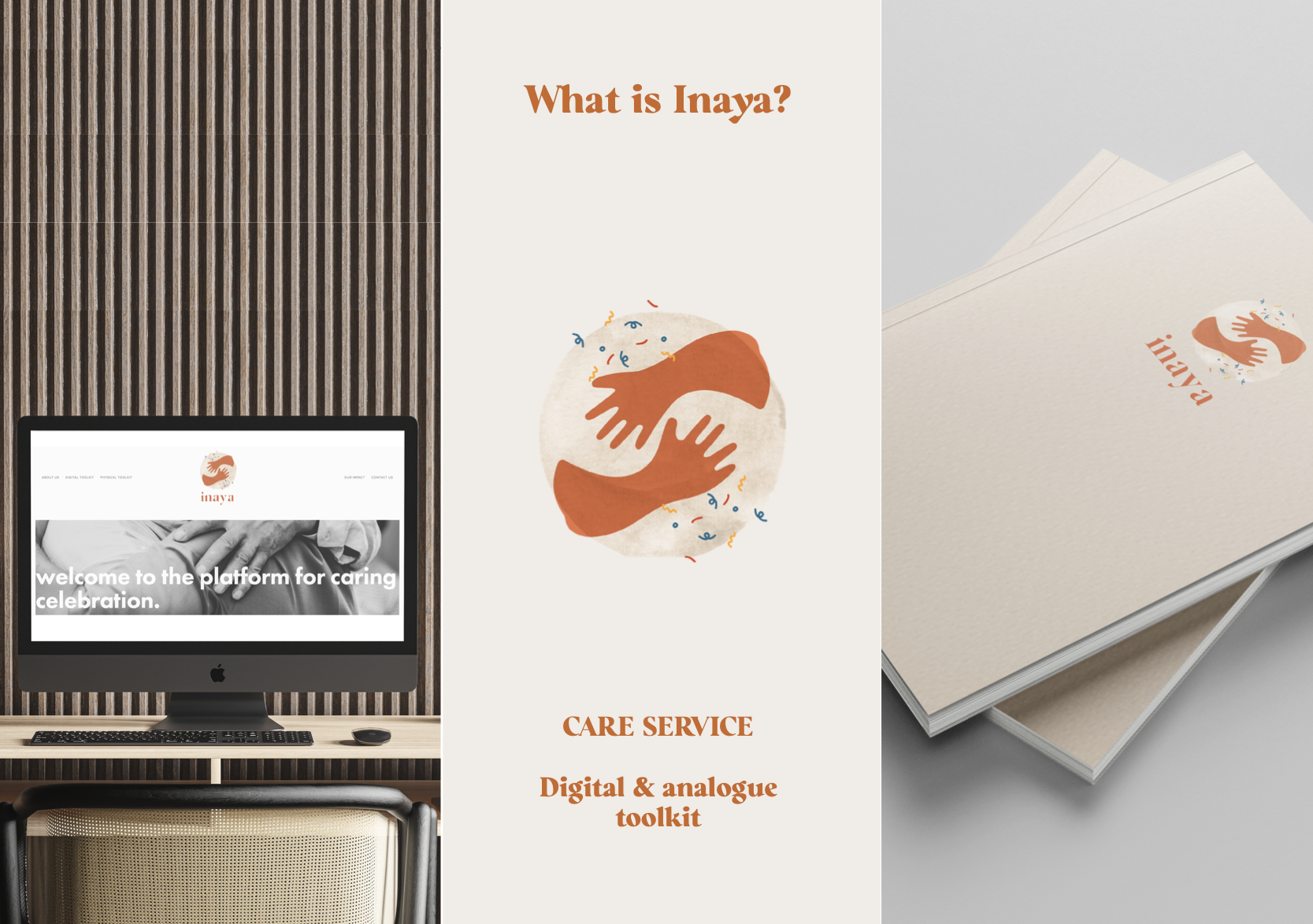


Inaya aims to incorporate celebration as a key part of the care process. It is a care service that acts as a platform for patients going through healthcare, offering both physical and digital toolkits designed to facilitate human behaviour change. It is a physical journal (specific to cancer treatment) that allows patients to introduce celebration into their own journeys.
 Design for Resilience: maping and linking the different factors which help frame the understanding of the topic of resilience in relation to safety. It can be read both sides to outline the biunivocal link Resilience and Safety have in relation to safety (RCA Grand Challenge Report, 2020).
Design for Resilience: maping and linking the different factors which help frame the understanding of the topic of resilience in relation to safety. It can be read both sides to outline the biunivocal link Resilience and Safety have in relation to safety (RCA Grand Challenge Report, 2020).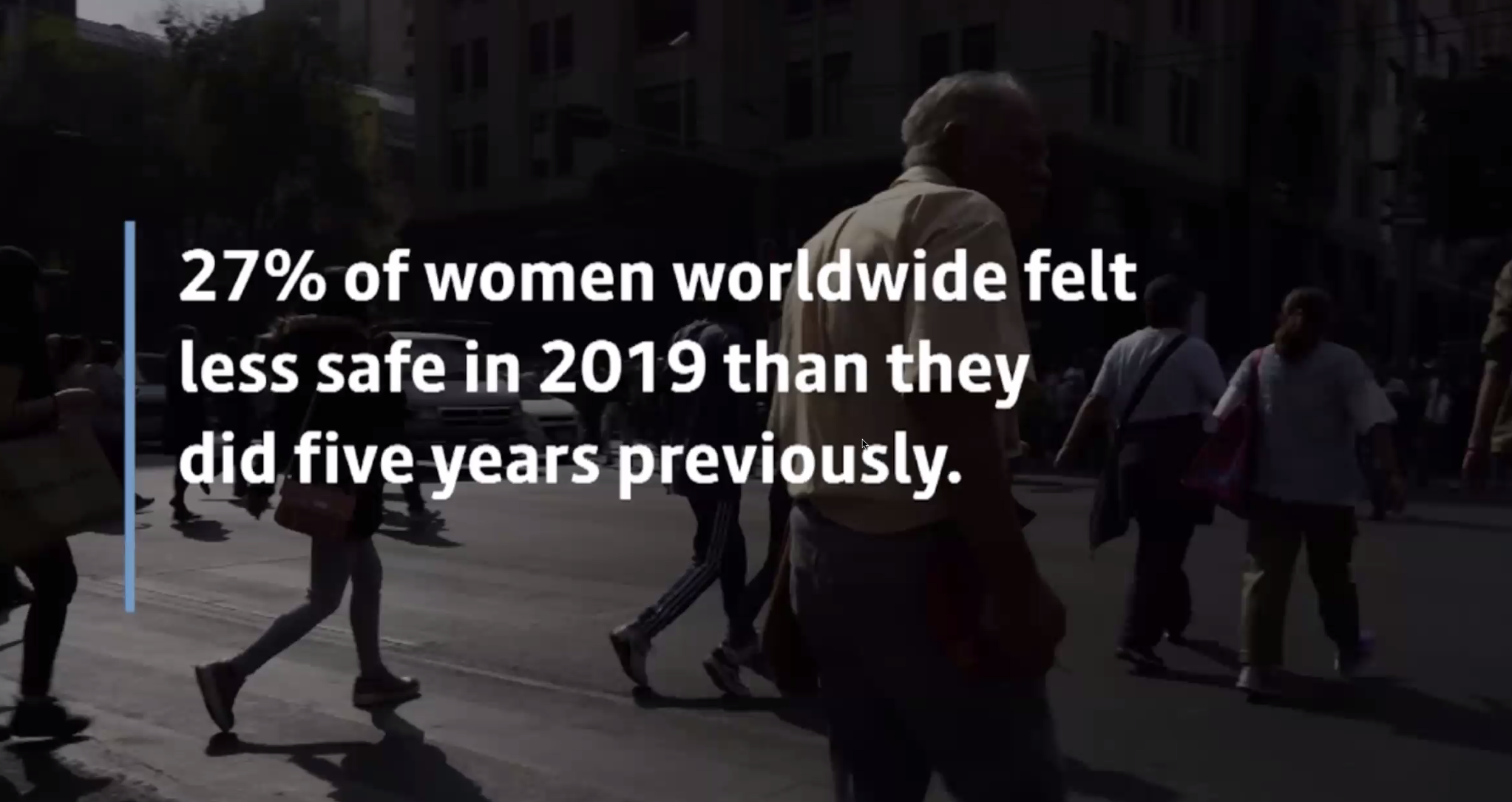
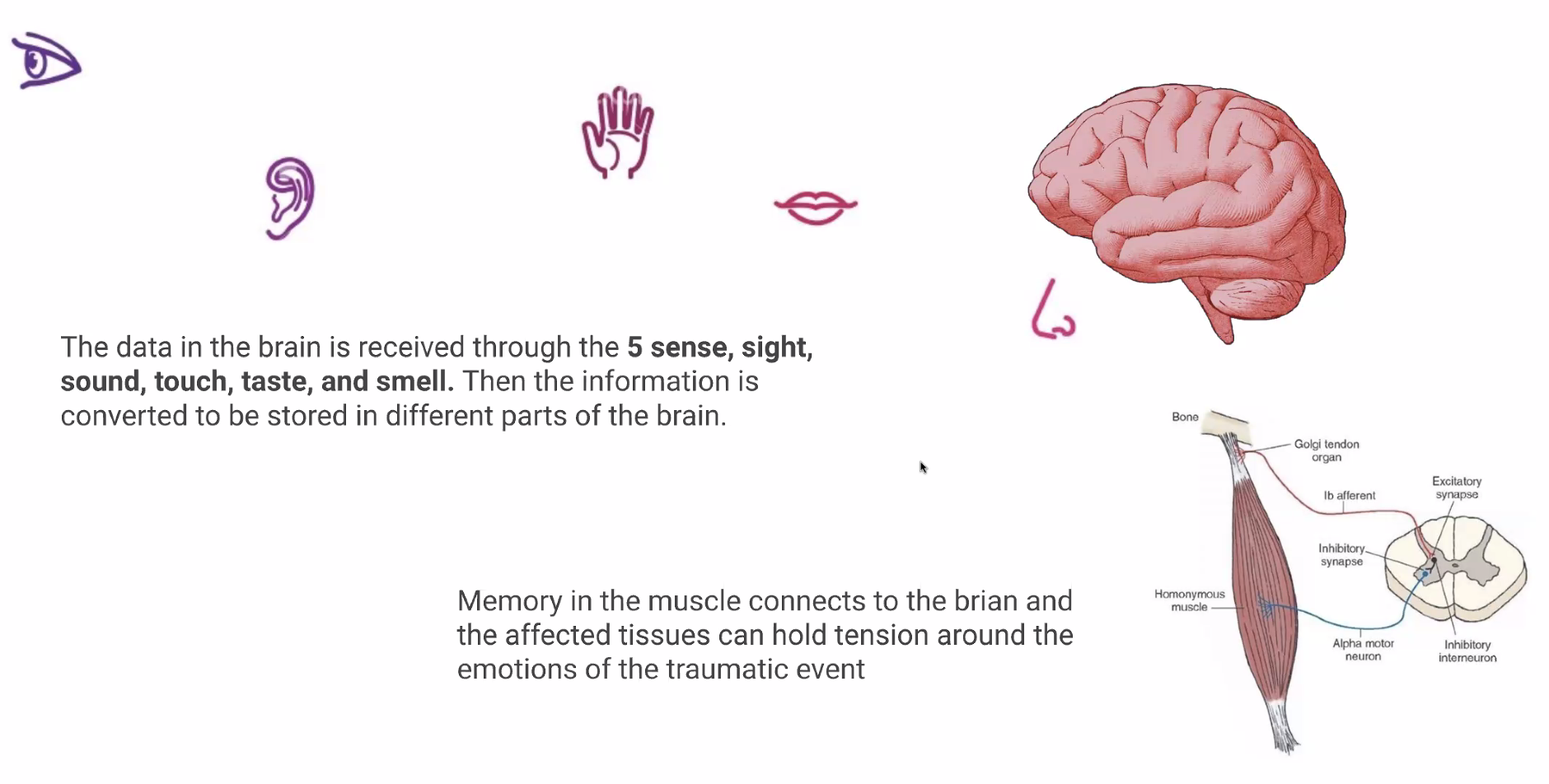



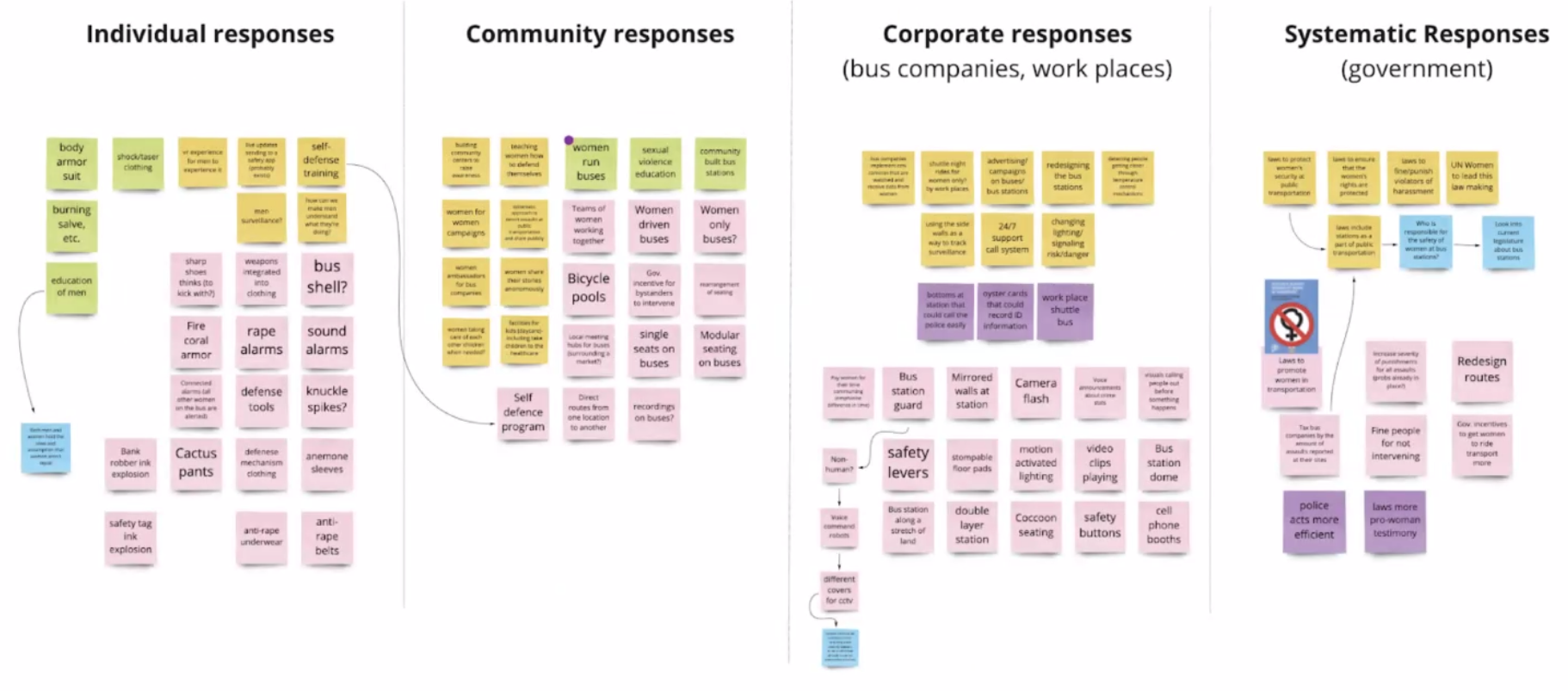


MOWO was developed on the principle of ensuring safe mobility for all. By combining an app, female drivers and ticketing regulation, MOWO aims to make buses a safer environment for women travelling to and from their jobs in Lima, Peru, where a high proportion of women experience sexual assault on public transport.
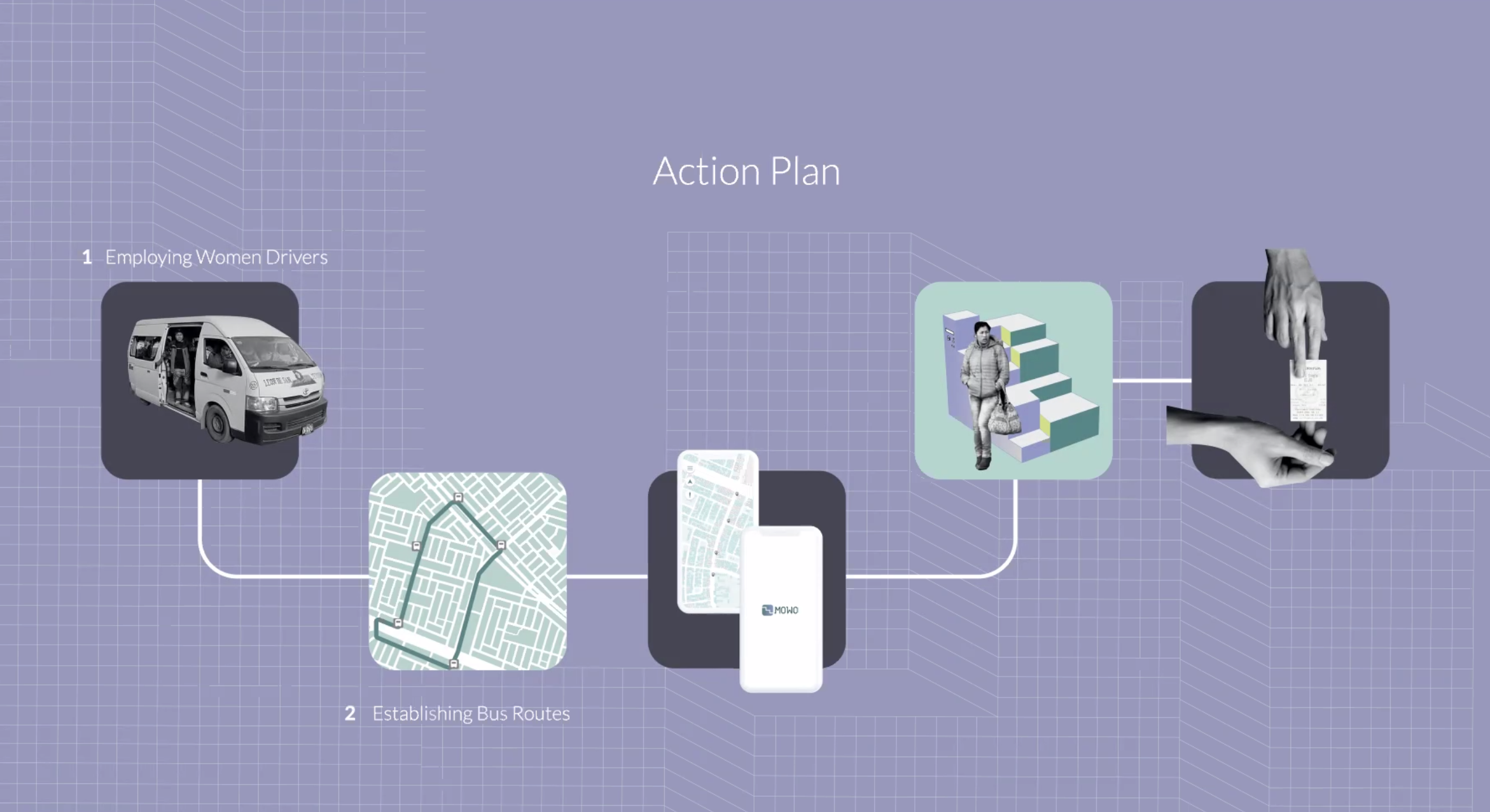

Organisation + [Credits]
Royal College of Art, [©Idrees Rasouli]
Role + [Team Size]
Visiting Lecturer, [12]
Date + [Duration of Involvement]
2020-21, [3 months per year]
Collaborator + [Project Location]
Logitec + CERN, [London, UK]
Status + [Project Type]
Unit, [Design for Safety Grand Challenge]
Brief + [Challenge]
Systems Thinking and Systems Design [Designing for Care and Resilience]
Collaborators [Tutors]
Unit Team [Paul Anderson, Ashley Hall, Laura Ferrarello, Clive Grinyer, John Stevens, Chang Hee Lee, Fernando Galdon, Rute Fiadeiro, Visiting Lecturers]
